1. Pharmacological action
Trenister is a new type of antiallergic drug, which mainly stabilizes the cell membrane of mast cells and basophils and prevents their degranulation, thereby inhibiting the release of allergic mediators such as histamine and 5-hydroxytryptamine. This mechanism of action has a good therapeutic effect on diseases such as bronchial asthma and allergic rhinitis. In addition, tranister can also inhibit local allergic necrosis reaction, reduce the level of IgE in the blood, inhibit antigen-antibody reaction, reduce the absolute count of eosinophils in peripheral blood, and regulate collagen anabolism.
2. Indications
Trenister is mainly used to treat the following diseases:
Atopic dermatitis
Urticaria
Pruritus
Keloid
Bronchial asthma
Allergic rhinitis
3. Precautions
Use with caution in patients with impaired liver and kidney function: Since tranister is metabolized in the liver and excreted from the urine, patients with impaired liver and kidney function may affect the metabolism and excretion of the drug.
Use with caution in drivers, machine operators, and high-altitude workers: tranister may cause nervous system reactions such as drowsiness, affecting work safety.
Other drugs used in acute attacks: Trinista has a slow onset of action and cannot quickly relieve symptom attacks.
Regularly check blood routine: Trinista may cause symptoms such as cystitis, and abnormal liver function is often accompanied by peripheral blood eosinophilia.
Long-term use of hormones: The dosage of hormones should be reduced slowly, and the drug should not be stopped suddenly.
Pregnant and lactating women should use with caution: Those who are allergic to this product are prohibited.
4. Adverse reactions
Adverse reactions of Trinista include but are not limited to:
Gastrointestinal reactions: lack of appetite, nausea, abdominal pain, diarrhea, stomach discomfort, etc.
Nervous system reactions: headache, drowsiness, dizziness, insomnia, fatigue, etc.
Urinary system reactions: cystitis (frequent urination, urgency, dysuria, hematuria), etc.
Abnormal liver function: ALT, AST, ALP increase, etc.
Others: Rare reactions such as rashes and allergies; rare manifestations such as palpitations, edema, and flushing.


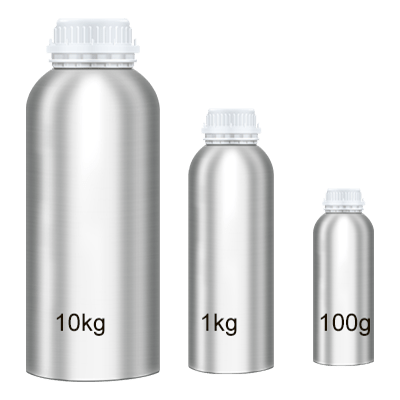
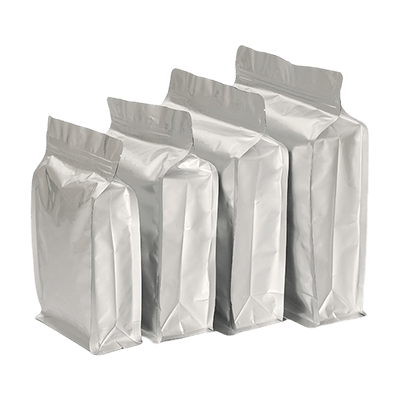


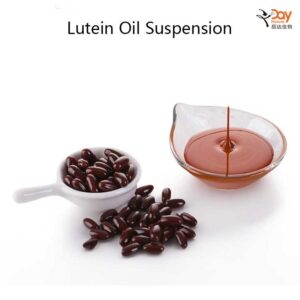

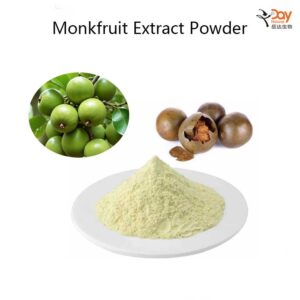
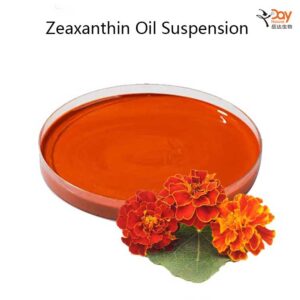
Reviews
There are no reviews yet.